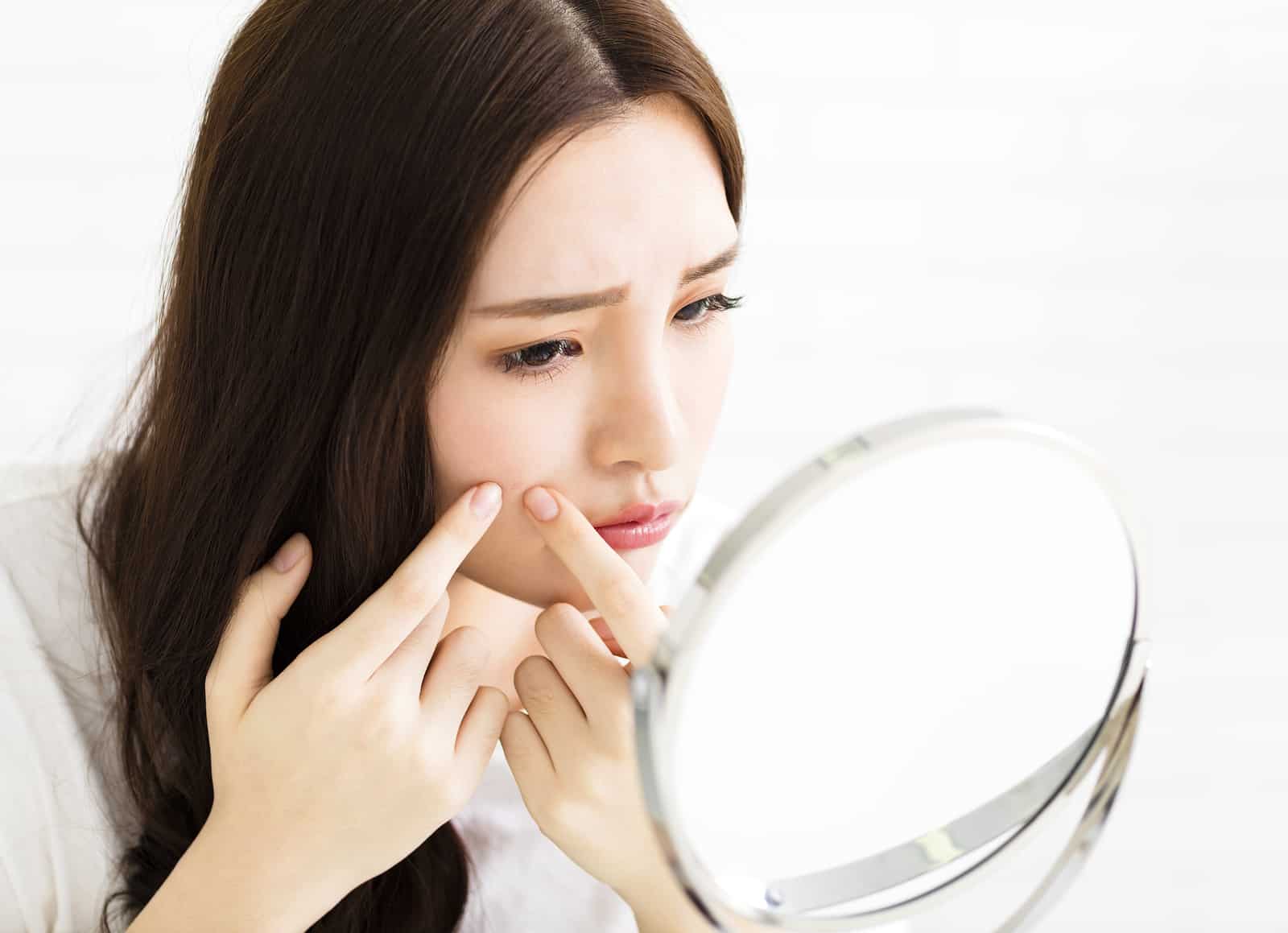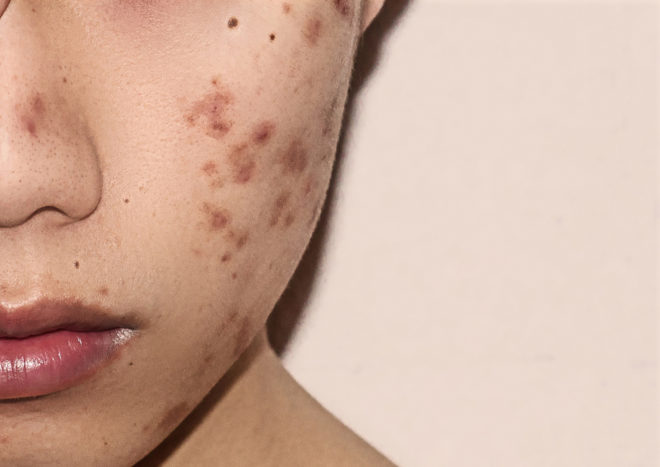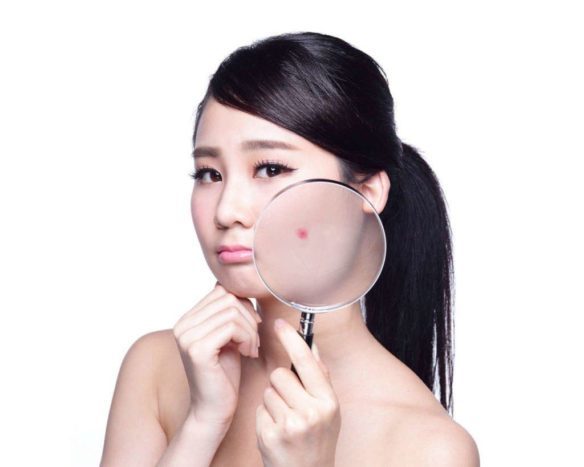Contents:
- Medical Video: TOP 10 BEAUTY USES &BENEFITS OF GRAPE SEED OIL FOR FACE, SKIN, HAIR & NAILS
- He said, grape seed oil is a natural way to deal with acne scars
- Not only the scars, 'mature' zits can also be overcome
- How to use grape seed oil
- Side effects of grapeseed oil
Medical Video: TOP 10 BEAUTY USES &BENEFITS OF GRAPE SEED OIL FOR FACE, SKIN, HAIR & NAILS
Fading acne scars requires extra effort and patience. Because the stain of acne scars that appear on the face is very disturbing appearance. Grapeseed oil is believed to be a natural way to get rid of acne scars. This oil comes from seeds that are separated from the grape during the process of making wine. Grape seed is then processed in such a way as to finally produce oil which is quite well known for its antioxidant and anti-inflammatory content. So, how effective is this oil?
He said, grape seed oil is a natural way to deal with acne scars
Some studies have shown that grape seed oil contains vitamin E, beta carotene, and linoleic acid which can help reshape damaged and old skin cells.
In addition, the vitamin E content in it helps flatten skin tone and remove stains that have been scientifically tested through various studies and proven to help restore scars.
Linoleic acid in grape seed oil can also help accelerate wound healing, thereby reducing the risk of scarring and pockmark on the face.
Because it has been scientifically tested for the efficacy of this oil, you can rely on it to fade stubborn acne scars. You can use it regularly, which is twice a day and use it for two weeks to see optimal results.
Not only the scars, 'mature' zits can also be overcome
Not only fading acne scars, a study published at Harvard Medical School, states that linoleic acid in grape seed oil functions as an emollient or an agent that smoothes the skin and fills the space between skin cells.
Emollients are useful for cleaning prone skin. In addition, the antioxidant content in it also helps prevent zits because they contain anti-inflammatory properties.
This one oil is quite effective to help zits that are active and inflamed. In addition to reducing redness and inflammation, this oil can also help clear pimples to the inside.
So that it can improve cell regeneration to help replace skin damaged by acne. However, grapeseed oil is not able to remove black, white blackheads or cysts that appear on your facial skin.
How to use grape seed oil
Grapeseed oil is a type of oil that can be directly used without needing to be thawed or added to other solutions. However, to reduce the risk of irritation you need to test your skin. To do a match test, you can do this by:
- Rub oil into the inner forearm.
- Cover the area smeared with oil with a bandage.
- Leave for 24 hours.
- If the skin does not experience inflammation or irritation, the oil is safe to use in other parts of the body.
- If you experience irritation, rinse the affected area with cold water and do not continue using it.
After passing the test, you can use grapeseed oil to treat acne skin by making it a night serum. Use three to four drops of oil for each use.
You can apply it not only to the area with acne and to have acne scars but to other parts of the face such as cheeks, forehead, under eye area, jawbone, and neck.
Aside from being a serum tonight, you can also use this oil during the day. Some research shows that resveratrol, an antioxidant found in this oil can help protect the skin from UVB rays.
However, that does not mean that this oil can protect the skin from the sun as a whole. You still need to use sunscreen if you plan to do outdoor activities.
Side effects of grapeseed oil
Although it is made from natural ingredients, but this oil can cause allergic reactions in some people. Various symptoms of an allergic reaction that may appear are:
- Itchy and reddish facial skin
- Itchy throat
- Watery eyes
If the body shows a more severe reaction such as shortness of breath, swollen face, and pounding, immediately consult your doctor to get the right treatment.















